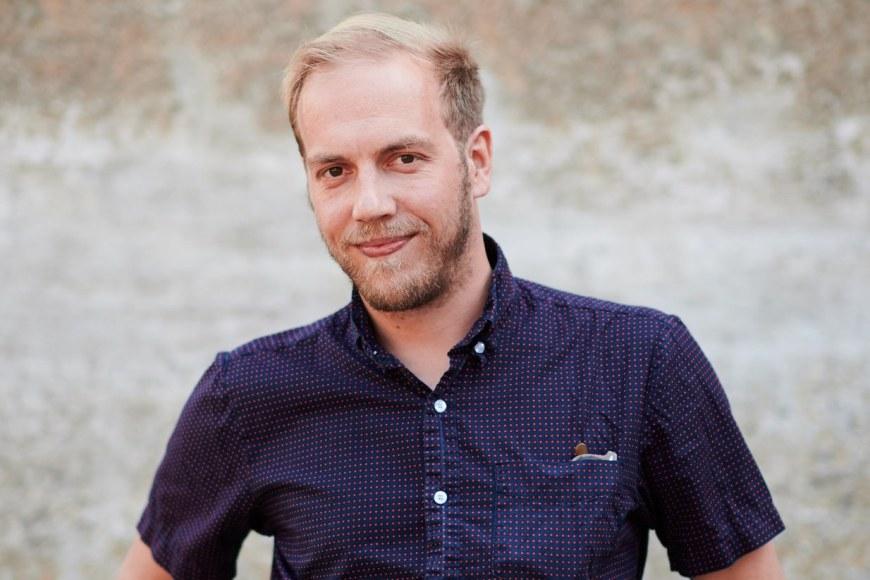
Finnish and European youth policy has underlined the importance of including young people in processes of public decision-making. The reasoning has been twofold. Firstly, the UN convention on the rights of the child gives young people the right to be heard in decisions affecting them. Secondly, it is thought that experiences of democratic participation strengthens the democratic values of young people and gives them the skills needed to engage with politics.
In his dissertation Boldt identified four individual level outcomes of youth participation. Firstly, a group of participants had a deep and fundamental experience of empowerment and transformation. Secondly, a group of socially privileged participants strengthened their position by accumulating influence. Thirdly, some participants left the process of participation to find different outlets for their civic engagement. Finally, for a group of participants, the position of being a bystander was further reinforced. These consequences were dependent on the style of interaction in the participation process, and on whether the participants felt they had any influence over decision-making.
“One method of participation in municipal youth work is not enough If the objective of youth participation in public decision-making processes is to offer non-formal training in active citizenship and to guarantee opportunities to participate in accordance with current legislation”, says Boldt.
The dissertation is based on more than 200 hours of participant observation of municipal processes for youth participation in the metropolitan area of Helsinki during the years 2015-2018. The observations were conducted in a youth council and in participatory budgeting events in Helsinki. Youth councils are the most typical forms of institutional youth participation and are based on the practices of parliamentary decision-making. Contrarily, the process of participatory budgeting offered by the city of Helsinki gives young people the opportunity to affect local budgetary allocations of the city youth department.
Despite its similarity to a city council, the influence of the youth council is largely restricted to communicating the needs and desires of young people to politicians and civil servants. Engaged council members learnt how to participate in parliamentary politics and developed networks within the municipal administration and political parties.
Boldt comments that, “Youth councils are great training grounds for future politicians but the style of participation limits engagement to those that are interested in party politics, public administration, and parliamentary practices. On the other hand, participatory budgets seem to be able to empower and engage young participants without much prior experience of political participation”.
The participatory budget in Helsinki offers all school students in lower-secondary school an opportunity to suggest initiatives that can be realized at a youth center for 3000€ or less. This limits the benefit of participation to those who visit youth houses while young people with interests that are not directly tied to local youth work find little or no utility in participating.
“Youth workers, politicians and civil servants are good at inflating the expectations of participants, unfortunately these promises are rarely delivered on, leading participants to feel frustrated over their limited influence.”
The doctoral dissertation of M. Soc. Sc. Georg Boldt in the field of sociology titled Citizens in Training. How institutional youth participation produces bystanders and active citizens in Finland will be publicly examined at the Faculty of Social Sciences of Tampere University at 3 o'clock p.m. on Friday 5 March 2021. The venue is Linna building lecture hall K103, address: Kalevantie 5. Professor Gianpaolo Baiocchi from New York University will be the opponent while Professor Turo-Kimmo Lehtonen will act as the custos.
The event can be followed by remote connection
The dissertation is available online at
http://urn.fi/URN:ISBN:978-952-03-1850-5
Photo: Ilkka Vuorinen
The doctoral dissertation of M. Soc. Sc. Georg Boldt in the field of sociology titled Citizens in Training. How institutional youth participation produces bystanders and active citizens in Finland will be publicly examined at the Faculty of Social Sciences of Tampere University at 3 o'clock p.m. on Friday 5 March, 2021. The venue is Linna building lecture hall K103, address: Kalevantie 5. Professor Gianpaolo Baiocchi from New York University will be the opponent while Professor Turo-Kimmo Lehtonen will act as the custos.
The event can be followed by remote connection
The dissertation is available online at
http://urn.fi/URN:ISBN:978-952-03-1850-5
Photo: Ilkka Vuorinen
